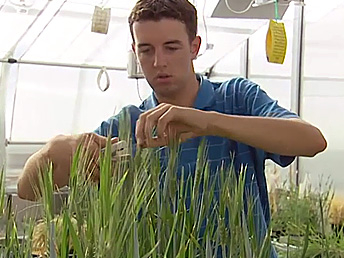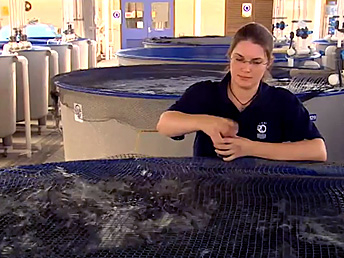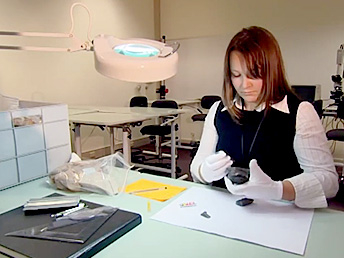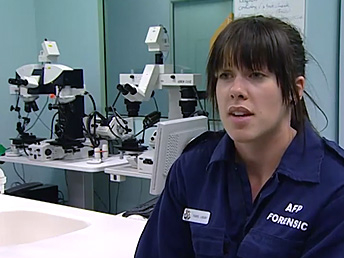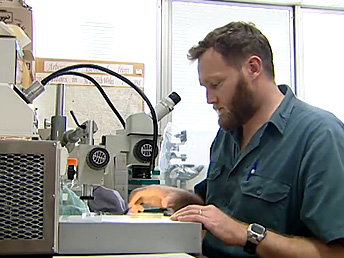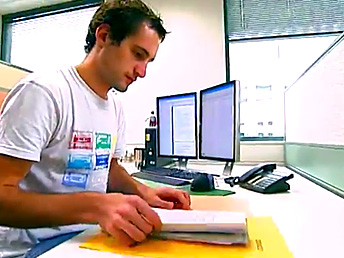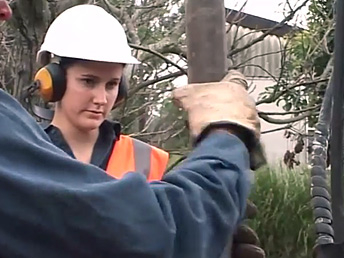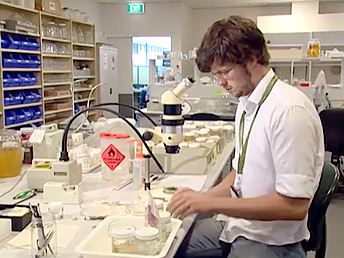
Environmental Engineer
As an environmental engineer you use science and engineering principles to solve different problems in the environment, such as recycling material or disposing of hazardous waste.
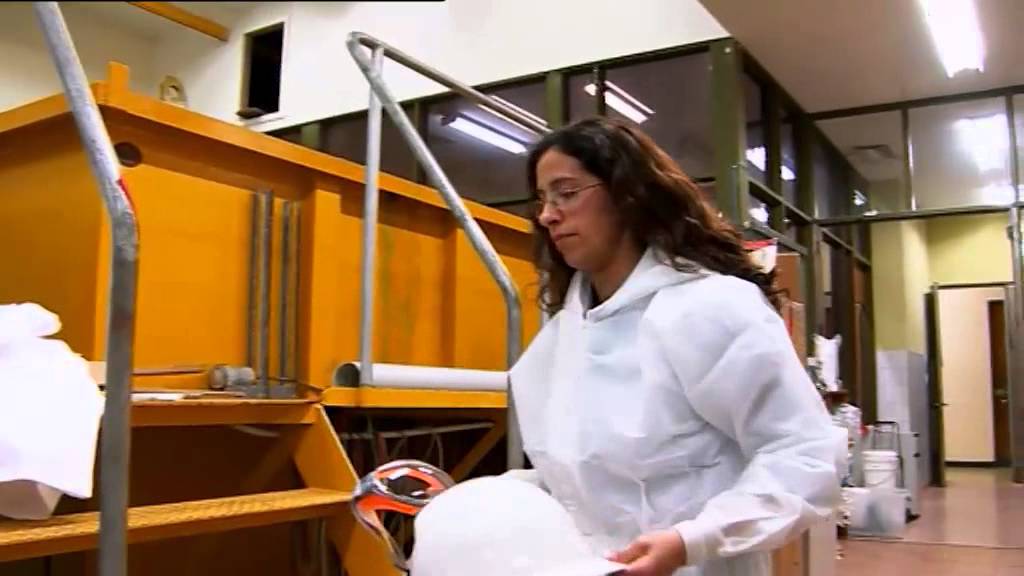

What the job looks like
Salary expectation
starts at $52,717 up to $101,670+

The good
- Help solve environmental problems
- Work with interesting people
- Do different things each day
- Potential to travel
- Protect the environment
The not so good
- Meeting deadlines can be stressful
- Writing reports can be demanding
Working as an environmental engineer means you will get to work in different types of settings. One day might involve going on site to collect environmental samples, another could be spent in the laboratory analysing results or in the office consulting other colleagues.
Environmental engineers rely on strong analytical skills and mathematics to identify problems and find the best solution. Analysing scientific data, designing treatment systems and measuring the impact construction might have on the environment requires an understanding and application of formulas.
Strong writing skills will also help when you are writing reports and papers to explain the findings of your research. You might present your reports to your supervisor or a client to form an action plan, so information needs to be grammatically and factually correct.
If you have an interest in the environment and solving problems, then a career as an environmental engineer could be for you.
I am really excited to see results and hopefully in the near future bring a solution to very serious environmental problems.
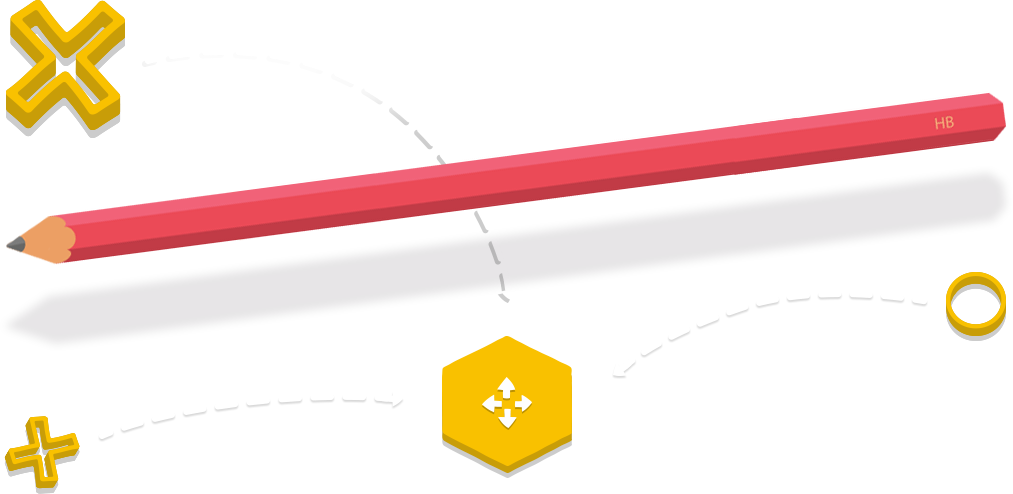
Pathways to this career
Subject suggestions for the HSC
Choosing your HSC subjects from this list could really help with your career. Think carefully about what you want to study after school as you might need to choose specific HSC subjects for that course and to count towards your ATAR (Australian Tertiary Admission Rank). An ATAR is your academic rank in relation to other HSC students and helps with University admission.
HSC subjects
Some subjects will count towards your ATAR, others will not. Check with your career advisor before making subject selections.
- English (Advanced or higher)
- Mathematics (2 Unit or higher)
- Biology
- Chemistry
- Engineering Studies
- Earth and Environmental Science
What can I do after I have finished school?
University degrees
Studying one of these degrees can help with your career.
- Bachelor of Environmental Engineering
Suggestions
Check out Engineers Australia for more information
- See if you can get work experience with an environmental company in your area
- Focus on environmental issues for school assignments where you can
- Go to career expos and events like university Open Days for information about what you will study
